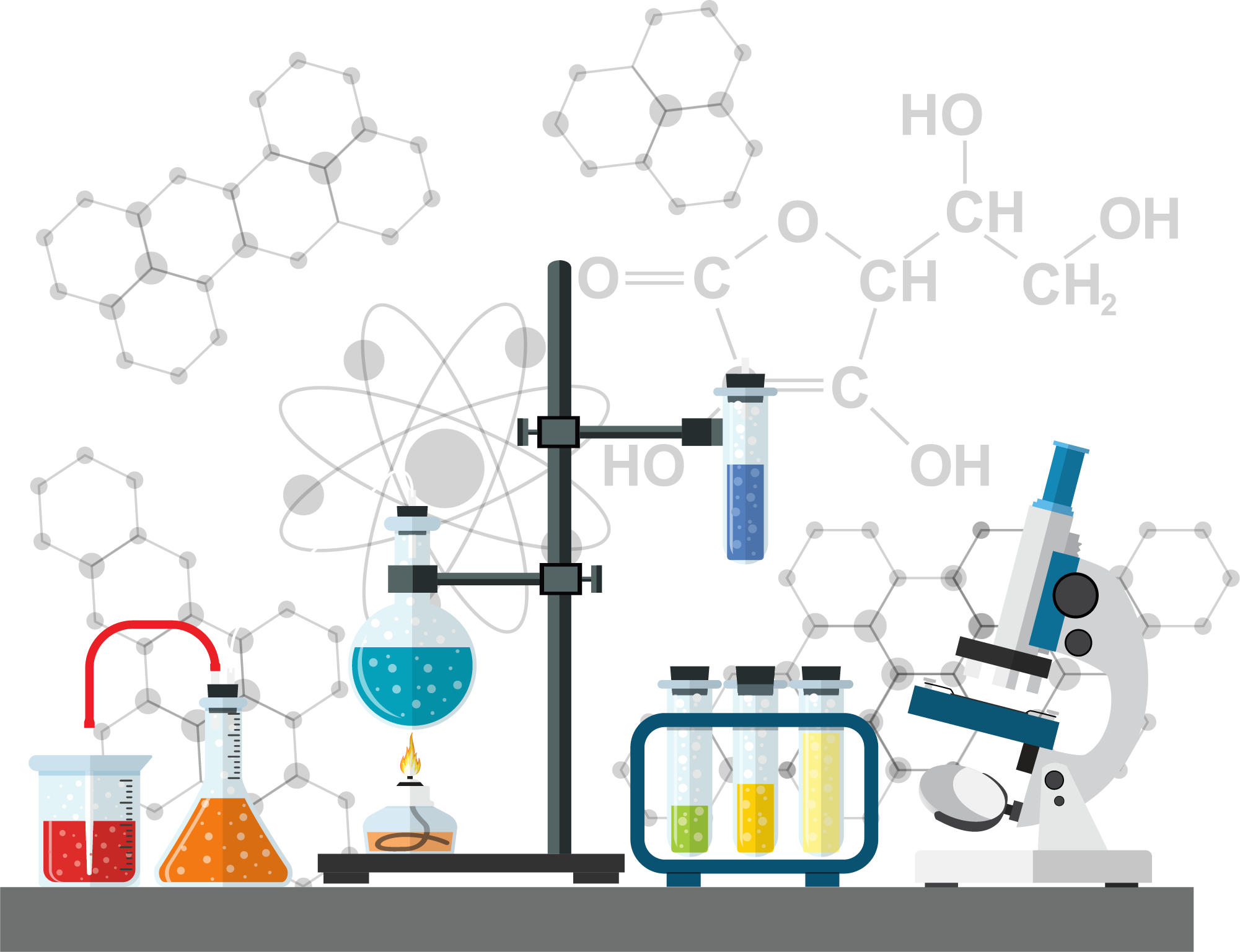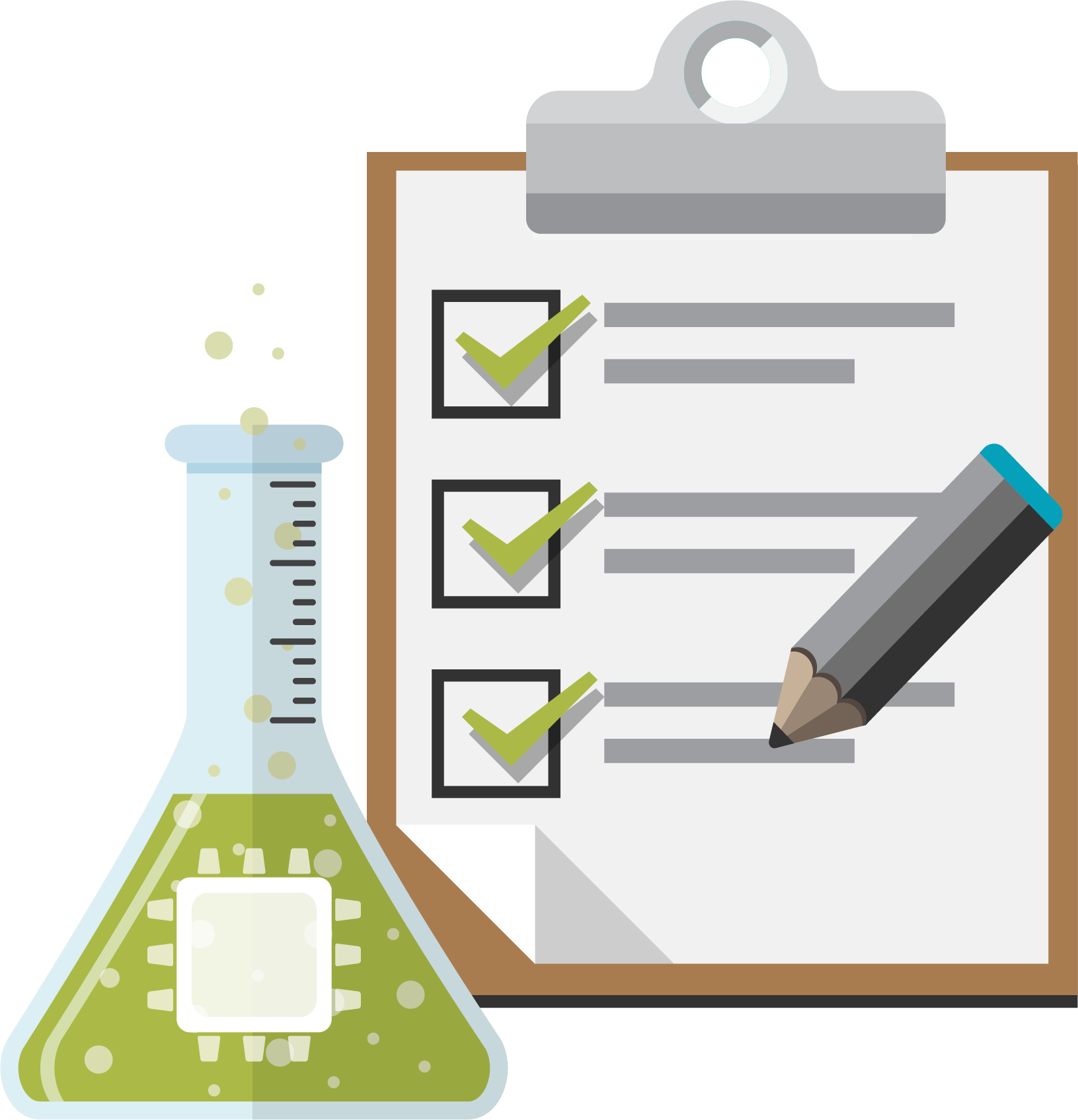Still Exploring?
Looks like you’ve been exploring our platform.
Want to see everything in one place?
 The European Union (EU) Restriction of Hazardous Substances (RoHS) Directive 2011/65/EU (as amended), also referred to as RoHS 2, controls the use of dangerous substances in electrical and electronic equipment (EEE). The RoHS Directive seeks to limit the spread of these substances into the environment as pollutants and reduce occupational exposure during manufacturing and recycling of the EEE. Accordingly, EEE products cannot be placed on the market if they contain any of the restricted substances above specific maximum concentration values at the homogeneous material level. However, RoHS includes exemptions which allow a restricted substance to be used in certain technical applications if a feasible substitute is not available on the market. Any exemption being used must still be disclosed.
The European Union (EU) Restriction of Hazardous Substances (RoHS) Directive 2011/65/EU (as amended), also referred to as RoHS 2, controls the use of dangerous substances in electrical and electronic equipment (EEE). The RoHS Directive seeks to limit the spread of these substances into the environment as pollutants and reduce occupational exposure during manufacturing and recycling of the EEE. Accordingly, EEE products cannot be placed on the market if they contain any of the restricted substances above specific maximum concentration values at the homogeneous material level. However, RoHS includes exemptions which allow a restricted substance to be used in certain technical applications if a feasible substitute is not available on the market. Any exemption being used must still be disclosed.
Learn more about the EU RoHS Directive by visiting the European Commission website.

Compliance with the RoHS Directive is the responsibility of the company manufacturing products that fall under its scope and those that place these products on the EU market.
This can either be the manufacturer (the company in the EU that manufactures an EEE and markets it under his own name or trademark), or the importer (the company in the EU that buys EEE from a manufacturer in a third country and sells it on the EU market).
Manufacturers must self-declare their compliance with the directive, which includes:
Importers must ensure that the manufacturer has fulfilled their obligations under the directive and that the products they place on the EU market are RoHS compliant. Member states will carry out checks and market surveillance on products to confirm compliance. If a product is found to be non-compliant with RoHS, the manufacturer or importer will be asked to show due diligence has been carried out. This necessitates supply chain communication with suppliers and subcontractors to ensure full compliance during the entire manufacturing process.